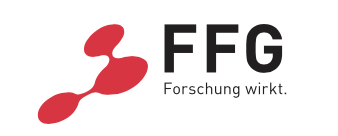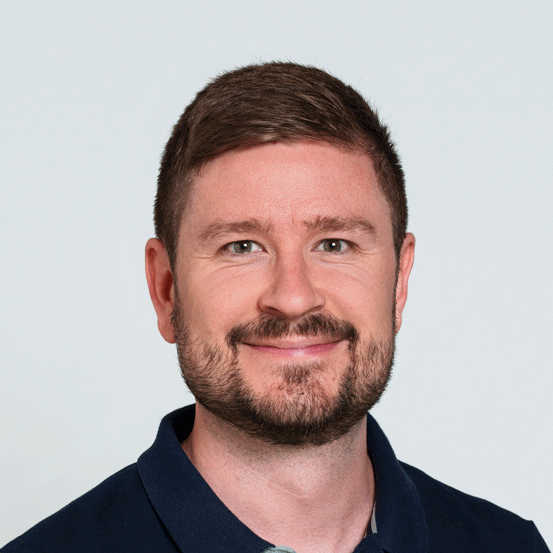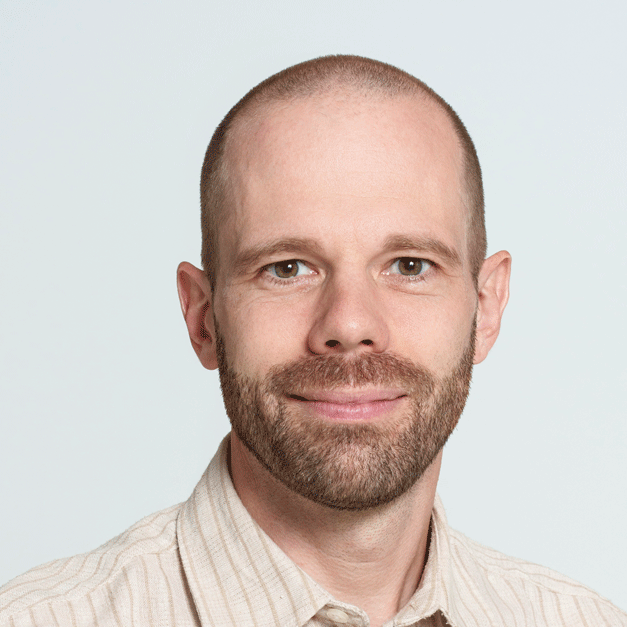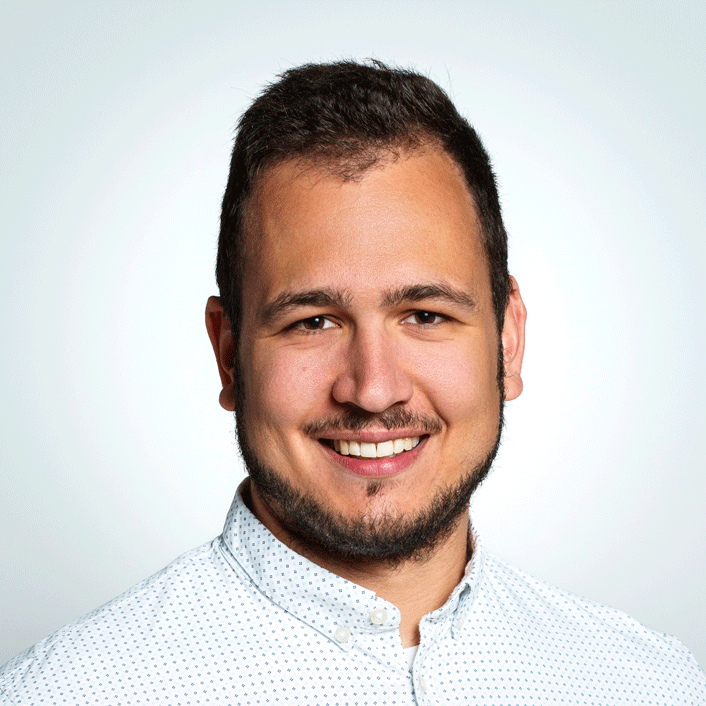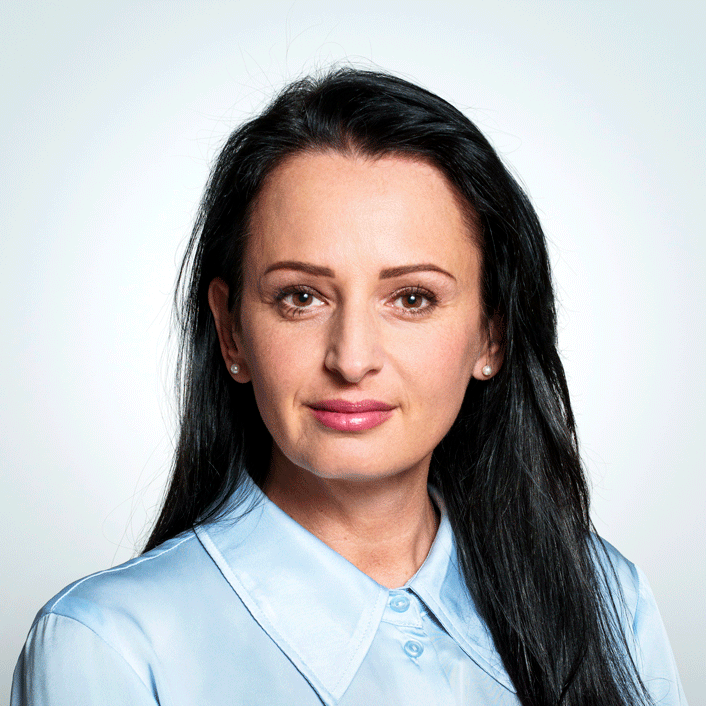- About us
- Research expertise
- DIGITAL – Institut für Digitale Technologien
- MATERIALS – Institut für Sensorik, Photonik und Fertigungstechnologien
- ROBOTICS – Institut für Robotik und Flexible Produktion
- COREMED – Zentrum für Regenerative Medizin und Präzisionsmedizin
- HEALTH – Institut für Biomedizinische Forschung und Technologien
- LIFE – Institut für Klima, Energiesysteme und Gesellschaft
- POLICIES – Institut für Wirtschafts-, Sozial und Innovationsforschung
- Business areas
- Products & Services
- Research infrastructure
- Beteiligungen
- Career
- Aktuelles
- Publications
- Kontakt zu uns
N!CA
PROJECT DURATION:
03/2024
—
02/2028

The Project
N!CA aims to unburden nurses by optimised care processes and reduced documentation burden, and to empower nurses by providing new tools that allow evidence based decision making at the point of care, using accurate data that lead to informed decisions. As a result, nurses' job satisfaction and job retention will be increased. Three subprojects focus on various aspects: (1) streamline processes and unburden documentation, (2) beneficial use of real world data, (3) decision support for empowerment.
Our Role in the Project
HEALTH acts as the main technological partner and IPR manager. As such, HEALTH will serve as a central interface for technology and knowledge transfer. JR is involved in the development of functional technical process innovations and their implementation into the electronic health record, the development of data extraction methods, implementation of technical infrastructure, development of AI based models, the conduction of a design thinking process and the development of a functional prototype.
Research groups
Downloads
Customer/Funding Organization
Project Partner
• Medical University of Graz
• JOANNEUM RESEARCH
• University of Applied Sciences Upper Austria
• UMIT Tirol
• University of Vienna
• Decide Clinical Software
• Gepflegt Wohnen Thal
• ilvi
• KAGes
• PH Predicting Health
• Vetterli Roth & Partner
Project Details
Methods:
Evidence-based nursing, lean management and bottom-up design thinking will guide through the entire N!CA project and will put the users, i.e. the nurses, into the center of all considerations, using field observations, focus groups and semi-structured interviews to explore their wishes/needs.
Digital tools for patient involvement, diabetes discharge and patient self-management will be evaluated for feasibility and decision support systems for pain management will be conceptualised. A standardised data format will be developed to lay the technical basis for cross-sectoral utilisation of real world data to develop and validate AI models for personalised risk prediction, semi-automating nursing assessments and care dependency grading based on a federated learning approach. AI models will be evaluated with respect to performance, trustworthiness and usability. Legal framework will be considered all along.
Results:
After completion of N!CA, nursing processes in acute and long-term care will have been evaluated with respect to process duration, potential for simplification, automation, AI, decision support integration and patient involvement. Digital tools for patient involvement, AI-based personalised risk profiling, care assessing, care dependency grading and decision support will have been investigated, tested and evaluated for their potential to unburden nurses (by reducing time for administration), to empower nurses (by providing evidence based decision support at the point of care at the right time), but also for their potential to reduce patient-related adverse events. Legal implementability of novel advanced care processes and of using digital tools will be evaluated and proposals for corresponding legal adaptations will be developed.
N!CA brings together scientific partners in nursing science, healthcare IT and AI to collaborate with healthcare providers offering direct patient care and developers of technical solutions, supported by legal and lean-management expertise. These highly qualified scientific and company partners and the resulting synergy between the subprojects in N!CA will enable us to achieve our vision.
Background:
Currently, healthcare systems are facing a lack of nursing staff. This situation will intensify in the coming decades while demographics, chronic diseases, multimorbidity and other health-related issues will even lead to a further increasing demand for nursing care. Moreover, nurses tend to quit their jobs early and have an overall retention time of only seven years, which is even declining. One reason for this is the low level of job satisfaction among nursing staff due to high workloads. An efficient way to relieve nursing staff is by optimising nursing processes, thereby reducing the workload and empowering nurses. For example, nurses spend about 25% of their work time on administrative and documentation tasks, they suffer from a lack of information at the point of care and are highly dependent on medical doctor’s decisions. Even more so, much of the data collected during nursing/medical assessment and throughout the stay is redundant.
Project team
Related Projects
Miteinander zukunftsrelevant
Die JOANNEUM RESEARCH ist Innovations- und Technologieanbieter im Bereich der angewandten Forschung. Als Forschungsgesellschaft der Länder und Regionen prägen wir mit unseren Forschungskompetenzen die Entwicklung unserer modernen Gesellschaft und Wirtschaft nachhaltig und menschenzentriert. Als multidisziplinäres Team in flexiblen, innovationsfreundlichen Strukturen leben wir höchste gesellschaftliche und wissenschaftliche Ansprüche.


